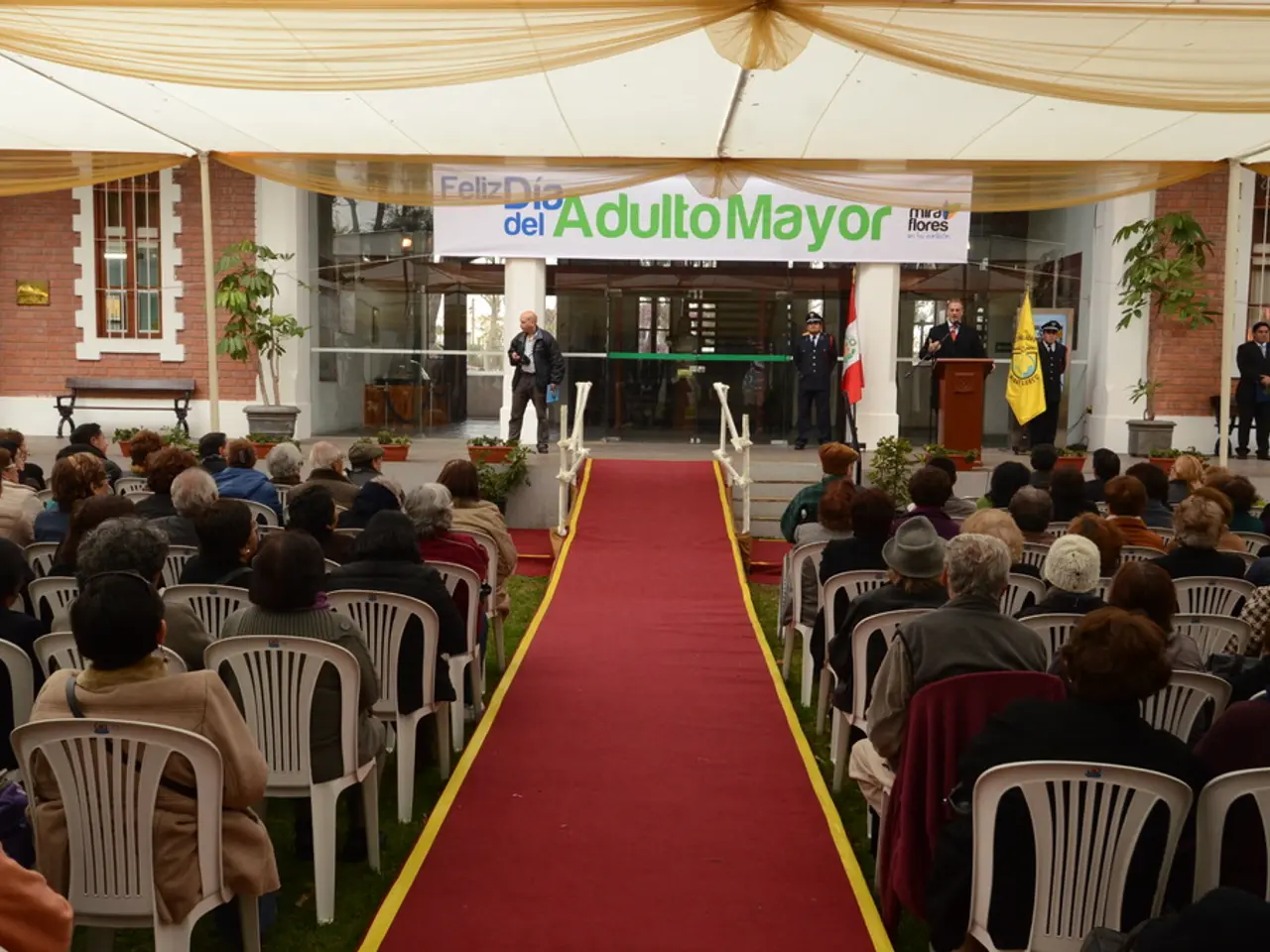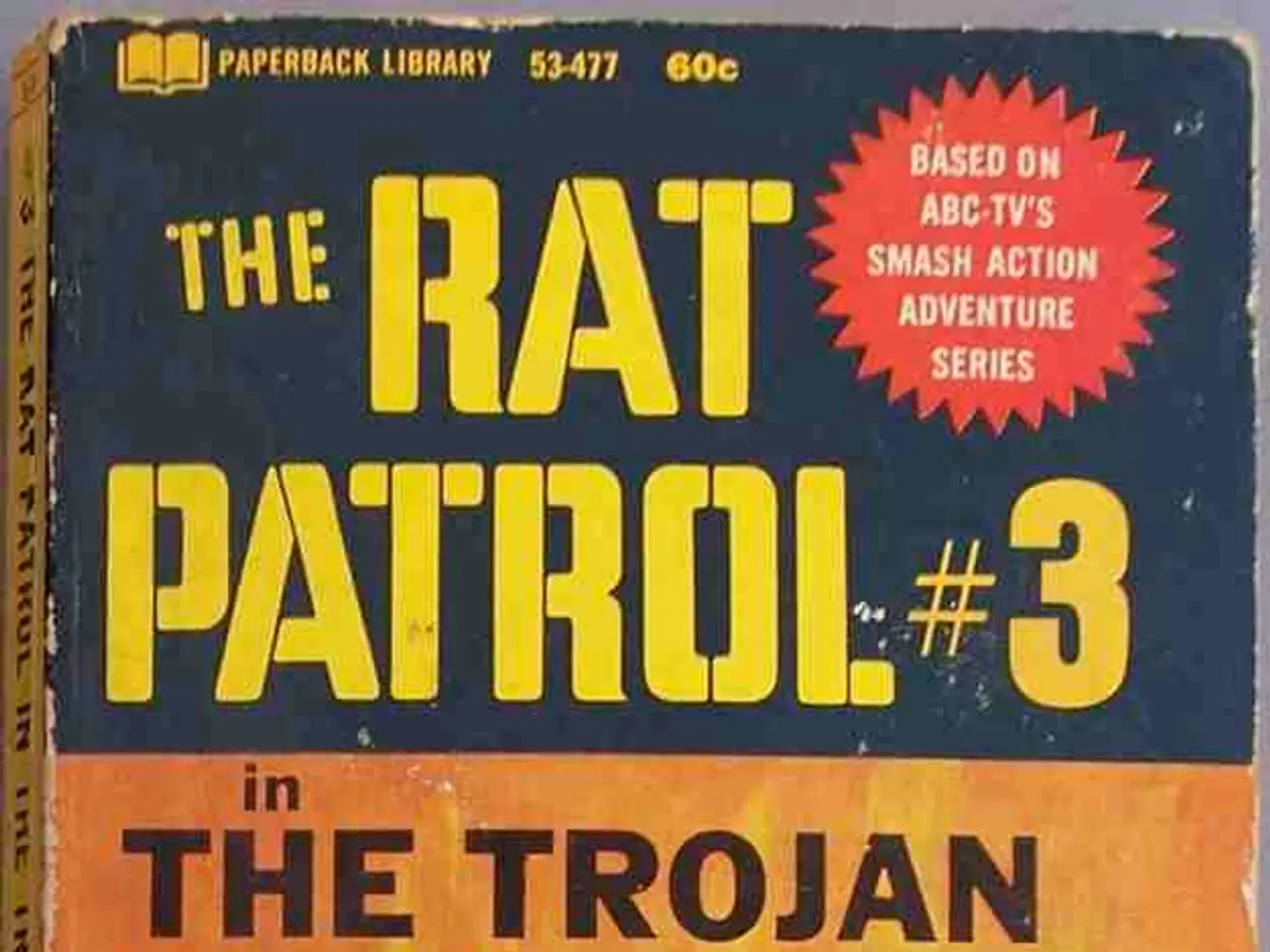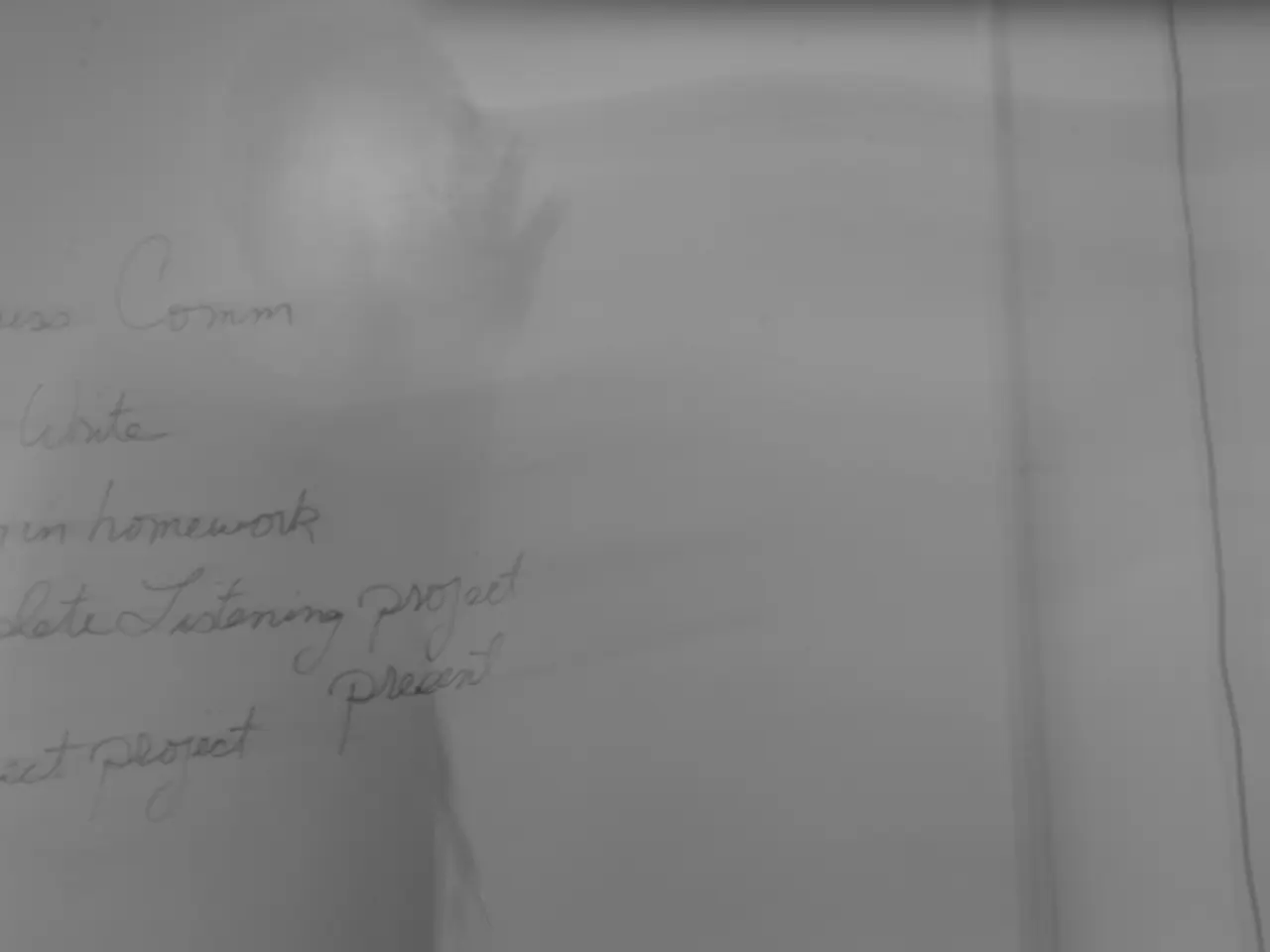Unrelenting Chronicles of Congo-Kinshasa's Shifting Fortunes
When I Decided to Look Deeper into My Family's Roots
I'm a shaped-by-New York's-concrete student, yet most of my fam's from the Democratic Republic of Congo (DRC). With plenty of tales and opinions floating about, I yearned to learn more about this extraordinary country.
So, I decided to pick the brains of my relatives from various generations. From grandpas and grandmas to parents and aunts, they all offered unique insights, having lived through different eras and staying in the DRC for varying lengths of time.
Among them, my aunts, particularly the one from my mother's side, gave me the most information. Diane Tembo, my 30-something emergency medicine intern and my mom's little sis, was the catalyst for this journey. Born in the bustling city of Kinshasa on July 10, 1993, Diane had a rather unique experience in the DRC.
As she grew older, she noticed difficulties with employment, as she needed prior experience to secure a job. In her opinion, the country's structure was exploitative, offering only unpaid internships. Despite plenty of educational opportunities and universities, technological advancements, especially in fields like medicine, were lagging behind. To become a general practitioner without any experience proved challenging, as she'd have to do specialized training or earn a master's degree. Unfortunately, her desired emergency medicine specialization did not yet exist in the DRC, prompting her to move to Romania for better opportunities.
For over two decades, my other aunt, Brigitte Mukanga Eno, has been working with the United Nations High Commissioner for Refugees. Born on July 15, 1968, she's slightly older than my mom and a fascinating source of historical information about the Congo. With over 250 languages spoken across the 21 diverse provinces, the country boasts four major languages: Lingala, Swahili, Kikongo, and Tshiluba.
Growing up, Brigitte doesn't recall much of the war that eventually crippled the DRC. Originally from the Sankuru Province, her parents moved to Kinshasa in the early 1970s. After the death of their father in 1980, the family was split across the country. Brigitte, in particular, was relocated to Lubumbashi in the Katanga region.
She completed her university degree, eventually reuniting with her family for a vacation, and later returning to Kinshasa to work as a magistrate. Following two years as a magistrate, she had the opportunity to work with the UN Refugee Agency. Since then, she's been working in various countries on three-to-four-year assignments.
The Congo had just one president for three decades, Mobutu Sese Seko, from 1965 to 1997. During his reign, the country was ruled through his autocratic political party, Mouvement Populaire de la Révolution (MPR). Despite being known for its strong mining sector, vibrant culture, and lively music, political repression and corruption marred Mobutu's leadership. The country eventually fell into chaos after his overthrow in 1997, giving birth to a fragile, disrespected, and chaotic political scene.
The current political and economic situation in the DRC remains highly challenging for young professionals seeking opportunities in healthcare and technology. Ongoing insecurity in eastern DRC and instabilityadd to the uncertainty and instability that permeate political and social life in the country. A tense and insecure environment severely limits access to stable, well-resourced employment and professional growth in these sectors.
Despite all this, the rich culture, vibrant people, and abundant opportunities in every aspect of life – agriculture, tourism, mining, technology, and energy resources – should not be overlooked. The DRC might indeed be the future of the world.
- Diane Tembo's unique experiences in the Democratic Republic of Congo (DRC) offered insights into the country's employment structure, which she perceived as exploitative and limiting, offering mostly unpaid internships.
- Brigitte Mukanga Eno, my other aunt, shared historical details about the Congo, such as the diversity of languages spoken across its provinces and her personal experiences growing up during Mobutu Sese Seko's rule.
- Politics and news coverage often highlight the challenging political and economic situation in the DRC, particularly for young professionals seeking opportunities in healthcare and technology, while the general-news spotlight might overlook the country's rich culture, vibrant people, and abundant resources in fields like agriculture, tourism, mining, technology, and energy.
- Photography could play a powerful role in showcasing the everyday life, culture, and history of the Democratic Republic of Congo, providing a visual platform to counterbalance negative news narratives and showcase the country's potential as the future of the world.








